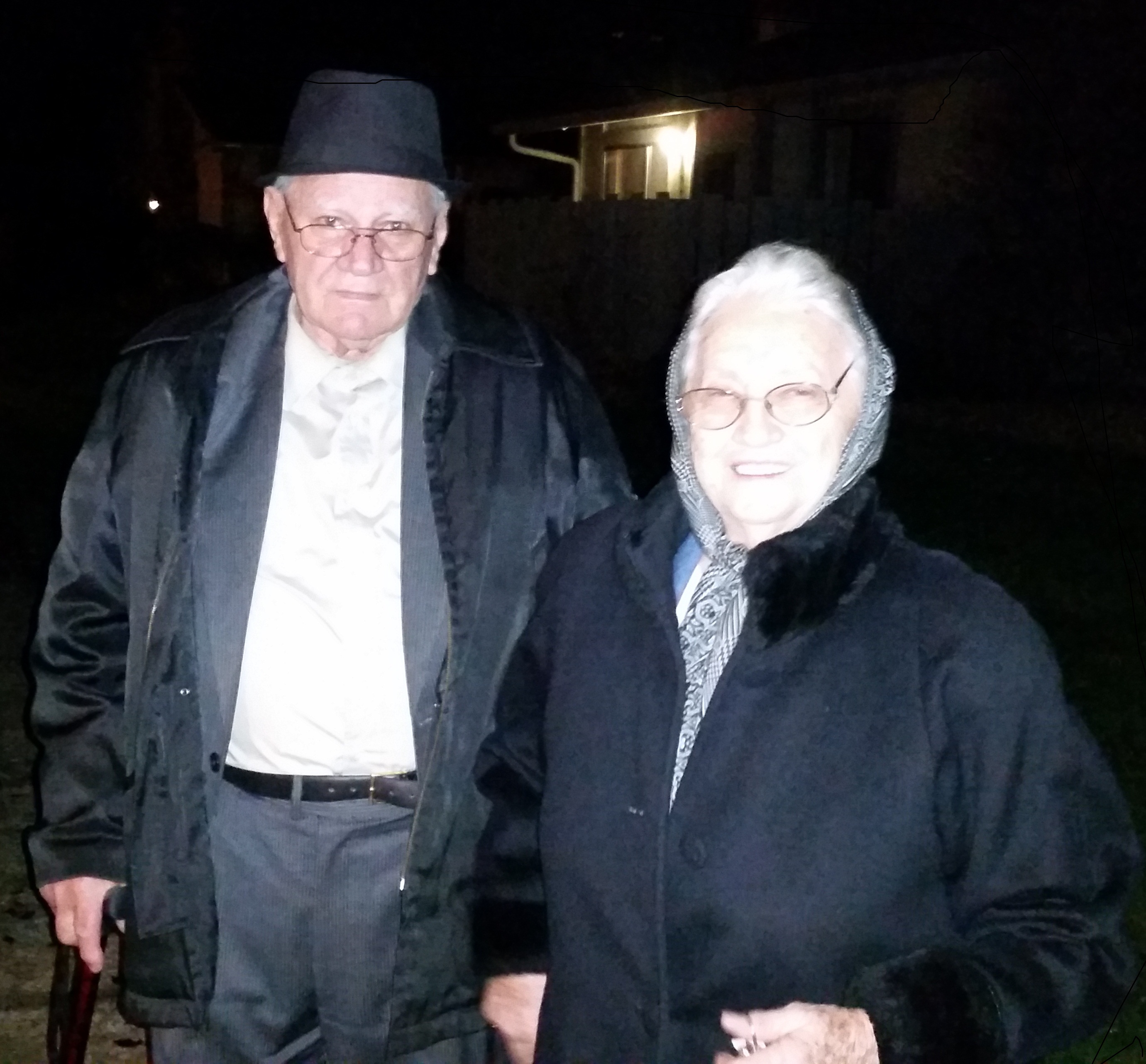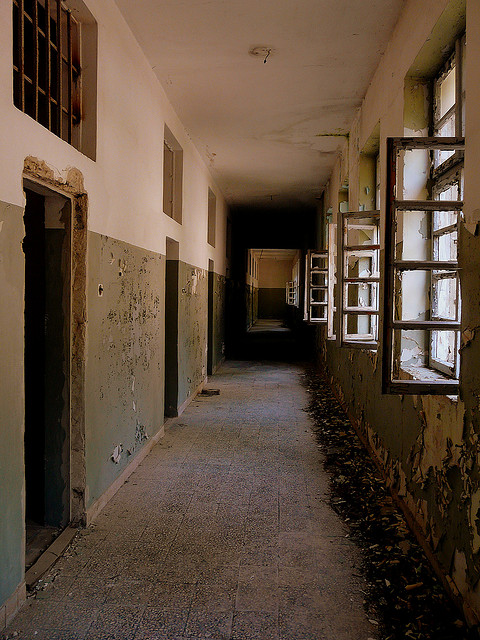Stanimir Katanic’s story is written by Marcia Lewandowski, who interviewed Katanic in 2014 about his experiences as a Nazarene conscientious objector in Yugoslavia.

I met Stanimir Katanic as an 83-year-old man living in Ohio. In our interview, Stanimir requested to speak about the years of his imprisonment as a young man in Serbian, rather than English. His son, Mike Katanic, stepped in as a translator.
In 1950, on his 20th birthday, Stanimir Katanic reported to the draft board in Sombor, as was required by all Yugoslavian males. For generations Katanic’s family had been members of the Apostolic Christian Church (Nazarene), the name taken from Acts 24:5. As an Anabaptist movement with Slavic roots, the Nazarenes historically resisted the military draft. Though Katanic knew exactly what awaited him, he never hesitated.
Before a panel of military officials he stated that he was willing to do the tasks assigned him, as was his due. “But,” he bravely continued, “I will not compromise my faith. I will swear no oath of allegiance to an earthly government and I refuse to use a weapon to kill another person.”
With no discussion or defense, Katanic was immediately handed over to a judge who sentenced him to four years in prison. With his hands secured behind his back, the young farm boy was taken away to a prison located in Foča, to serve his term. Here he was assigned to a room that housed more than 200 other inmates, many of them convicted of violent crimes. Inmates were issued gray prison coveralls and were most often referred to by number; Katanic’s number was 2032B.
There was an obvious shortage of cots, and the few that were there were either assigned to someone based on seniority or claimed by bullies. On the first night Katanic was issued two blankets; he spread out one on the floor, the other he used to cover himself. The cell was not heated and winter nights were long and cold. The motionless heat during the summer months was equally hard to bear.
Every morning, regardless of the weather, he was marched around the prison yard with his hands tied behind his back for an hour. Talking was not permitted and all eyes had to be focused straight ahead.
Afterwards the inmates lined up to receive their daily ration of bread for the day. Katanic would hide his loaf in his blankets, but other inmates often stole it from him. In another line he was served his morning gruel, ladled into the bowl that he always carried about with him, tucked inside his vest. His other meal at the close of the day was served in the same bowl.
Most days were spent laboring in a carpenter’s woodworking shop. The prison was notorious for its systematic violence against prisoners, but Katanic worked hard and said little, so he was spared most of the beatings other inmates received.
It was a lonely four years, for though there were other Nazarene youth incarcerated in the prison for conscientious objection, guards pointedly kept them separated. Katanic was not allowed a Bible, and the packages sent by family and friends were delivered only sporadically, depending on the mood of the guards.
At the end of four years, Katanic was released. He returned home and married his childhood sweetheart, Kata. A short ten months later, not long after he heard news that he would be a father, an unexpected letter arrived in the mail asking him to appear in court.
Standing before the judge a second time, he was ridiculed and harshly quizzed, “Was he now ready to do what was right, and honorably defend his country?” Though he realized where this line of questioning was heading, he quietly replied once again that he could not swear his allegiance to Yugoslavia, nor any country, and would not take up arms to kill another person.
The judge sentenced him to 4 and 1/2 years in Goli Otok, a violent high security prison-island for male political criminals, to begin immediately. With his hands bound, Katanic was lead out of the courtroom with no chance to speak with his family. He had to trust that his family would care for his wife and unborn child.

His second term in prison was dreary. The island was a windblown barren piece of land in the Adriatic Sea, exposed to extreme temperatures. He was subjected to long days of heavy labor, working in a woodworking joinery.
For reasons never explained, Katanic was released after 3 and ½ years, a full year early. His story concluded as he tenderly spoke of being reunited with his wife and young son Miroslav, the same son who was now interpreting for us.
When the interview was over, I could tell he was glad to be done with all the attention. Yet I dared to venture one more question, knowing that this is what I wanted to record, some wise words for future generations of people choosing to walk in the path of Jesus.
I asked, “On reflection upon all the years spent behind bars during the prime years of your life in harsh conditions, apart from your home and family and a son growing up apart from you, would you have done anything differently?”
Katanic’s eyes met mine and he gently patted my hand. He said, “I never look for shortcuts in my faith and neither should you.”
Written by Marcia Lewandowski. Edited by Elizabeth Miller.
Source: Stanimir Katanic, interview by Marcia Lewandowski, personal interview through translator, 13 Oct 2014.